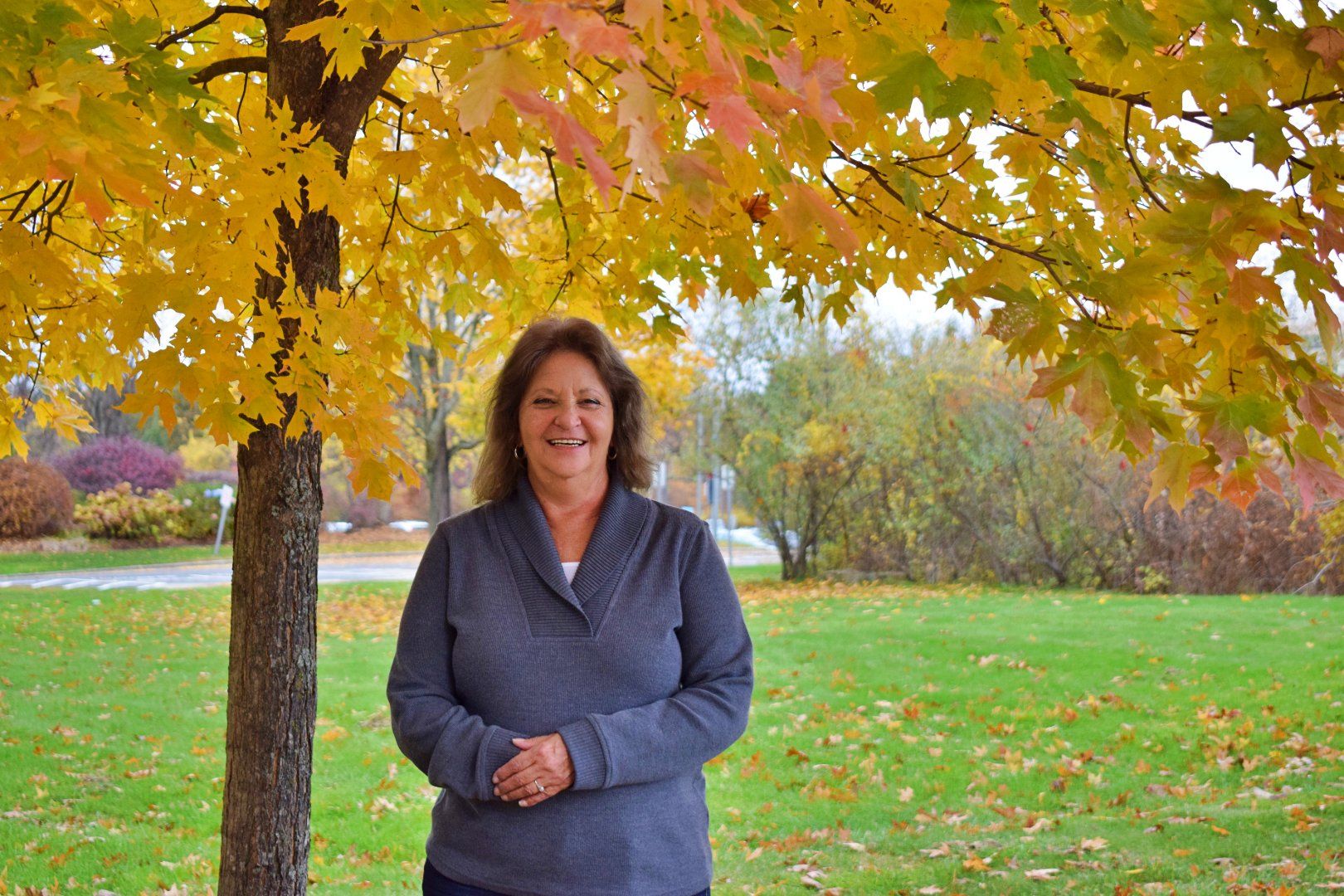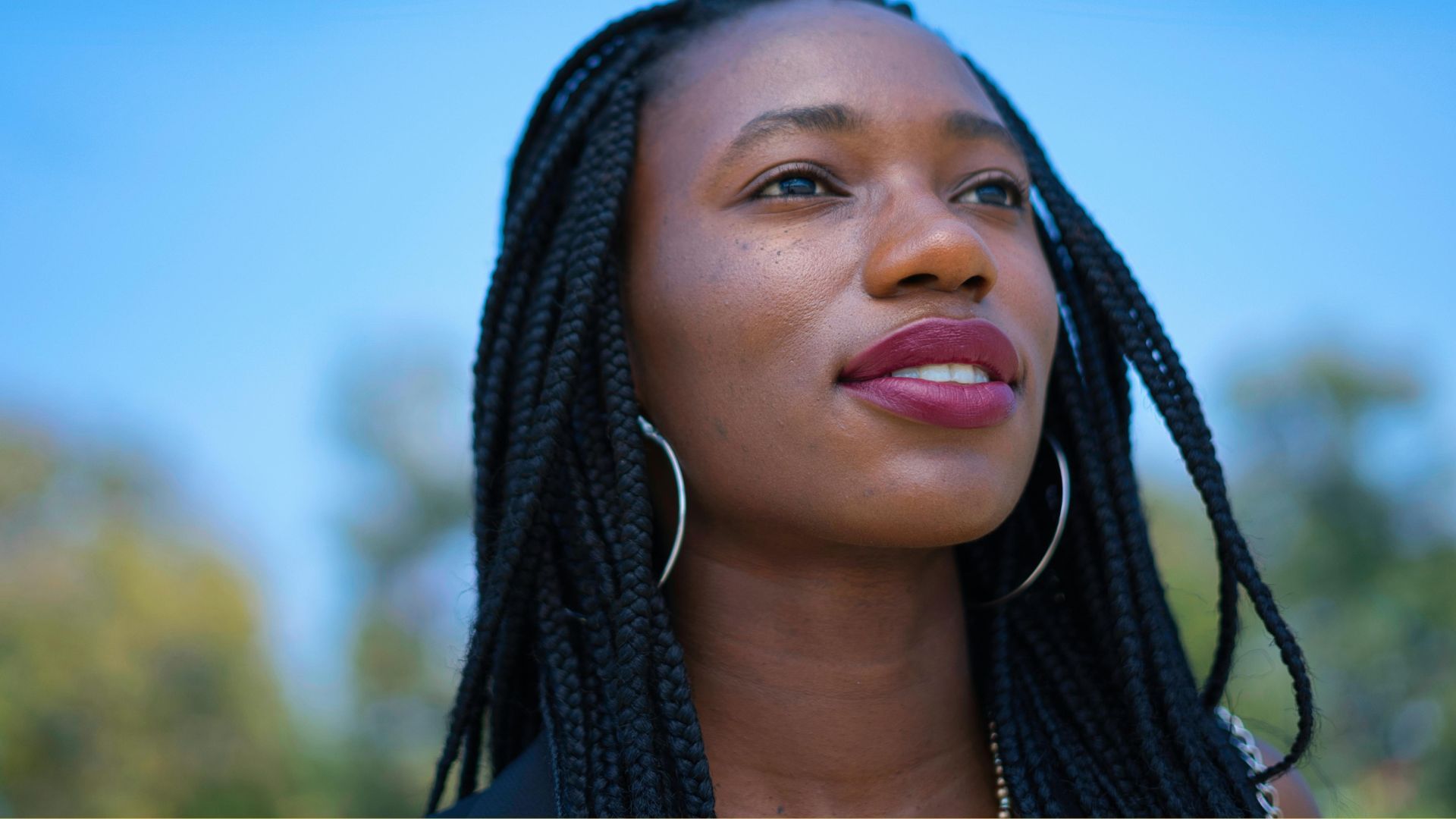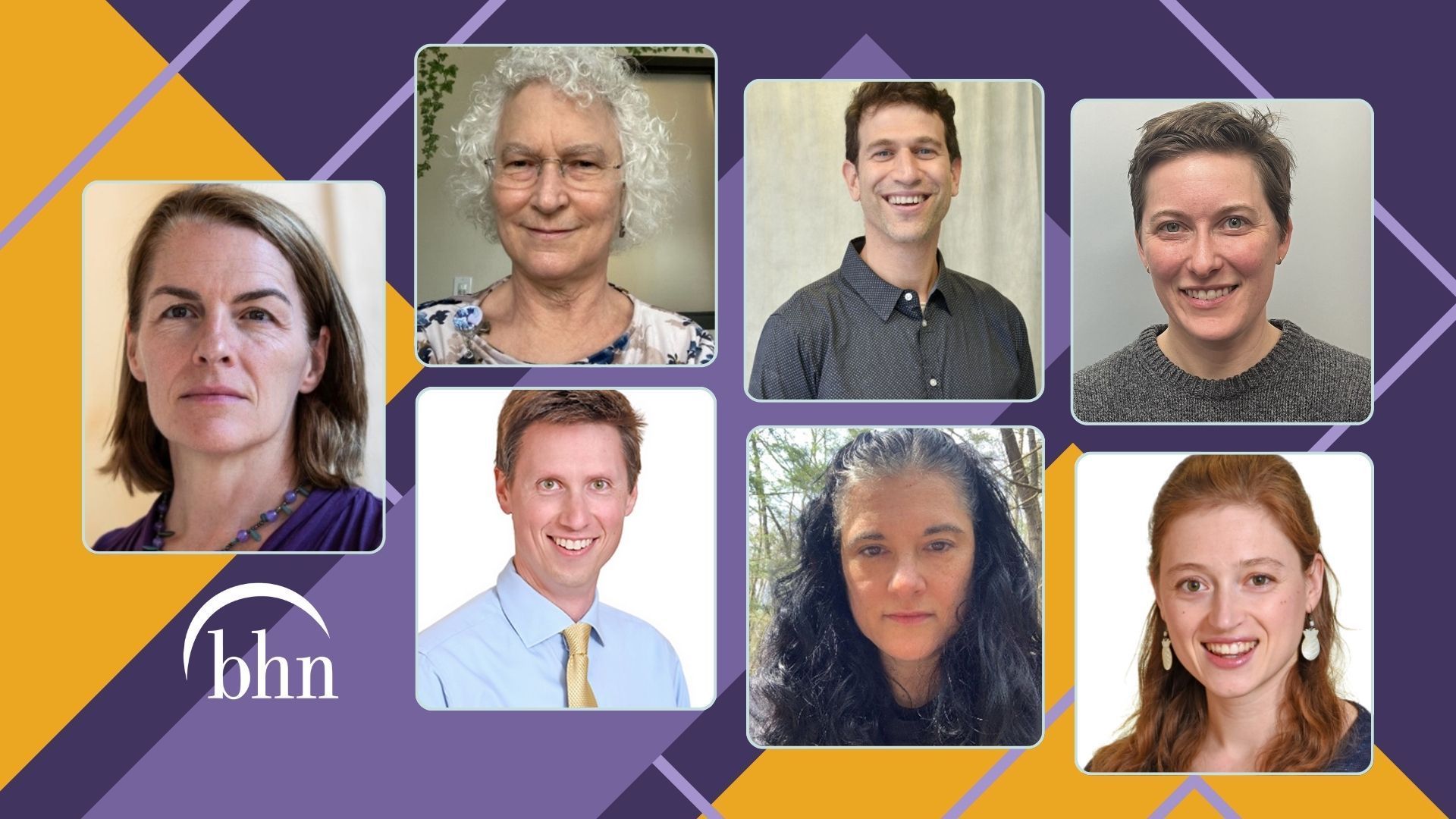Those Who Serve: Robin
After five suicide attempts and the same number of hospital stays, Robin felt as if she would never find the help she needed to overcome her mental illness. At each hospital she tried, Robin felt isolated and uncomfortable, which made it impossible for her to achieve recovery. Months of failed hospitalizations made Robin indifferent to each facility she attended, and she began to give up hope that she would find a place that would make a difference in her life. Then she found BHN.
Robin had never heard of BHN’s Community Crisis Stabilization program, also known as Respite— “I never knew there was a place like this, other than a hospital.” But immediately after walking in the door, Robin knew that this program would be different than any of her hospital stays. In Respite, individuals live with a small group of peers and meet with counselors each day throughout their recovery. For Robin, living in Respite during her recovery instead of a hospital felt much more natural—like she was living at home.
“In a hospital, you’re isolated, and you can’t wear your regular clothes,” Robin says. “It’s different than Respite, which is meant to help you heal and rest.”
Throughout her five-month stay in Respite, Robin learned how to manage her depression and anxiety from her counselors in individual sessions and in therapy groups. The small group of peers who lived with her became like her family, Robin says, and they spent time together doing activities to take their minds off of their mental illnesses, such as arts and crafts, card games, and cooking. Robin received continuous support and motivation from both her counselors and her peers, and never felt as if she was being judged.
“In Respite, I was able to feel normal,” Robin says. “Mental illness can make you feel as if you’re not good enough, but there was no negativity here. Everyone was positive, and the staff tries to keep you in the best of spirits to make your recovery easier.”
In the final weeks of her Respite stay, Robin trained to become a peer specialist so she could give back to the program that helped her so significantly and reach out to others who had gone through experiences similar to her own. As a peer specialist, she still feels like she’s part of the Respite program and continues to benefit from the same support she received throughout her stay there.
Now, having worked as a peer specialist for several months, Robin is still stunned by the dramatic changes she was able to make in her life with the help of BHN’s Respite program.
“I could have probably done ten more hospitalizations and they wouldn’t have had the same impact on my life as Respite did,” Robin says. “Respite was probably one of the best things that ever happened to me. It gave me a whole new outlook on life.”
SHARE
Topics

Stay Up to Date!
Sign-up for our newsletter to receive news and updates from BHN.





